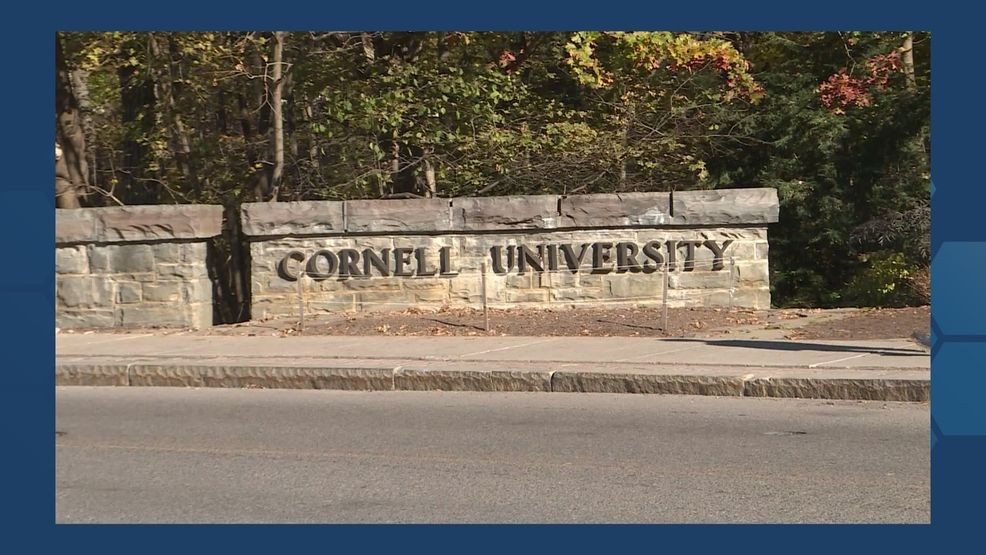ITHACA, N.Y. — Cornell University has issued a statement about possible immigrations changes coming in 2025. In particular, the University is urging students, faculty and staff to return to the U.S. before President-elect Trump is sworn into office.
A statement released on November 26 reads in part:
“The immigration landscape is likely to change under the new presidential administration. This guidance is intended to inform and assist international students, faculty, and staff at Cornell University. It is based on currently available information and may change as facts and policies change.”
Cornell’s International Services Office of Global Learning issued its guidance at this link. Some of its points include:
- A travel ban is likely to go into effect soon after inauguration. The ban is likely to include citizens of the countries targeted in the first Trump administration: Kyrgyzstan, Nigeria, Myanmar, Sudan, Tanzania, Iran, Libya, North Korea, Syria, Venezuela, Yemen, and Somalia. New countries could be added to this list, particularly China and India. International students and scholars from outside of these “areas of concern” are not likely to be affected by a travel ban or targeted visa suspension. People who are not citizens of these countries but are in transit through them to the U.S. are unlikely to be affected.
- It is a good idea for international students, faculty, and staff from the above countries to be back in the U.S. in advance of the semester, which begins January 21, 2025. If this is not possible (e.g., for scheduled fieldwork), communicate with an advisor about your travel plans and be prepared for delays.
- Upon entering the United States, U.S. Customs and Border Protection may ask for more evidence of your connection to Cornell. For that reason, carry all of your documents (students/scholars), ensure that they are up to date, and bring additional paperwork demonstrating your purpose at Cornell (evidence of funding and certificate of enrollment or transcript).
President-elect Donald Trump vowed to make immediate and sweeping changes after he takes office on January 20, including plans to deport millions of undocumented immigrants and try to end birthright citizenship. Birthright citizenship, the protection enshrined in the 14th Amendment, guarantees citizenship to anyone born on U.S. soil regardless of their parents.

